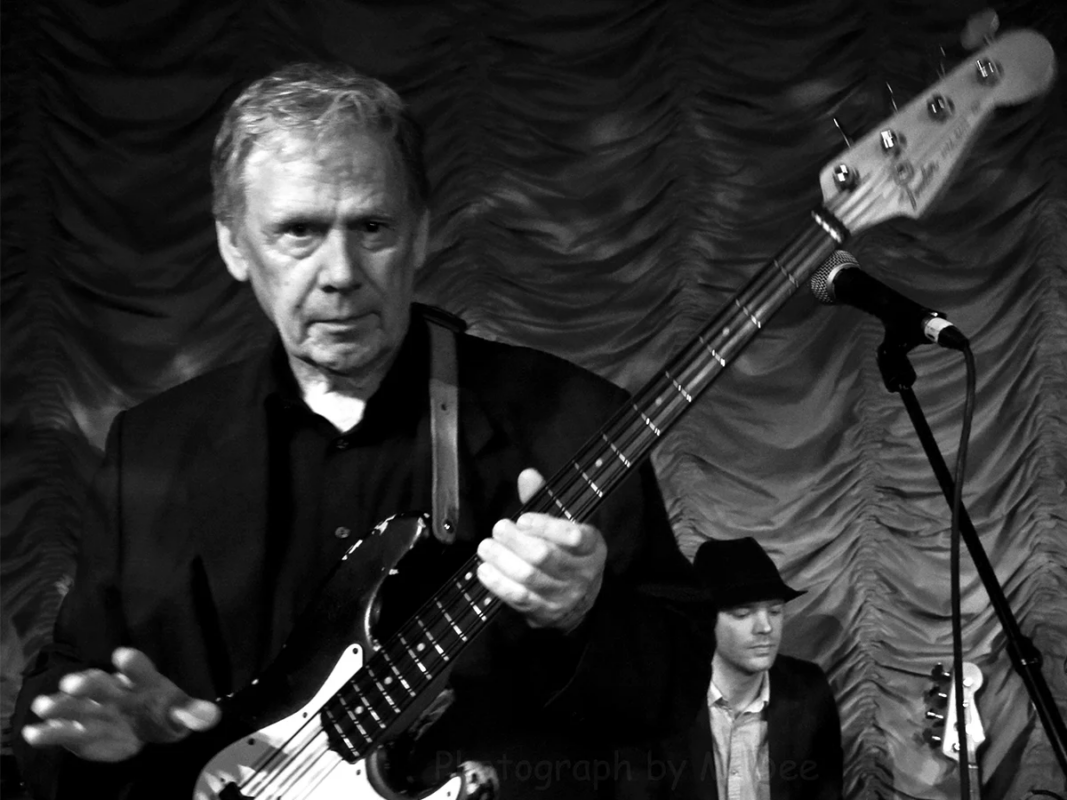News
Herbie Flowers, ‘Walk on the Wild Side’ bassist, dead at 86

Herbie Flowers, the renowned bassist known for his work on Lou Reed’s glam rock anthem ‘Walk on the Wild Side’ and numerous other classics, has passed away at 86.
His family confirmed his death on Facebook on Saturday, though the cause was not disclosed. Kevin Conklin, the husband of Flowers’ niece Lorraine Bassett, wrote, “While we cherished him as Uncle Herbie, his musical legacy has likely influenced your lives too. He played bass on many iconic tracks from rock’s golden era.”
While Herbie Flowers is primarily celebrated for his work on Lou Reed’s iconic track “Walk on the Wild Side” and the accompanying album Transformer (1972), his impressive career spanned many other classic records. He also contributed to Elton John’s Tumbleweed Connection and Madman Across the Water, David Bowie’s Diamond Dogs, and Harry Nilsson’s Nilsson Schmilsson.
Flowers worked with numerous other legends including former Beatles Paul McCartney, George Harrison, and Ringo Starr, as well as Bryan Ferry, Al Kooper, and Roy Harper. His extensive session work is estimated to include around 20,000 recordings.
One of his early achievements was his contribution to David Bowie’s self-titled 1969 album, particularly on the track “Space Oddity,” which marked the beginning of Bowie’s rise to fame. The late musician, born Brian Keith Flowers in Isleworth in 1938, gained prominence in 1960s London working with producers such as Shel Talmy, Mickie Most, and Tony Visconti. In 1969, he co-founded Blue Mink, known for hits like “Melting Pot” and “The Banner Man,” and also played in Rumplestiltskin, CCS, and the final version of T. Rex.
Despite his extensive work on classic hits, including an estimated 500 successful albums by the end of the 1970s, “Walk on the Wild Side” remains Flowers’ defining moment, renowned for its distinctive ascending and descending basslines. In 2005, Flowers revealed that he created the twin bass lines to earn double session pay, using a double bass and a fretless Fender Jazz Bass, for which he received £17—about £300 today.
The influential bassline has been sampled by artists such as A Tribe Called Quest in their 1990 hit “Can I Kick It?” and Haim in “Summer Girl,” as well as Marky Mark and the Funky Bunch in their 1991 hit “Wildside.” Following the news of Flowers’ passing, tributes poured in, including from David Bowie’s estate, which praised his musicianship and personality. Suede bassist Mat Osman also reflected on Flowers’ legacy, noting his contributions to tracks like “Space Oddity,” “Walk on the Wild Side,” and “Rock On.”
